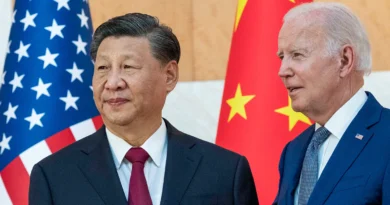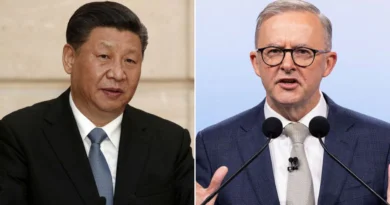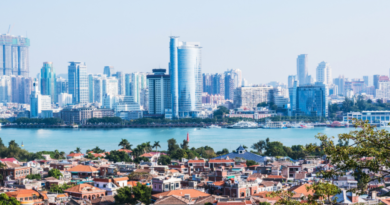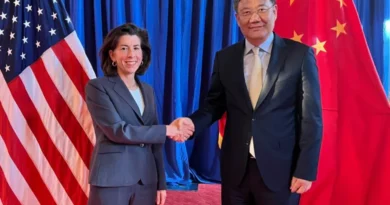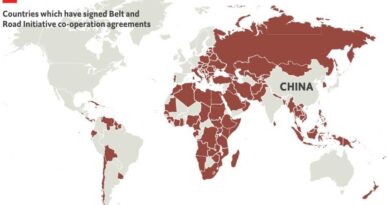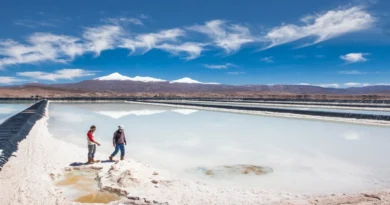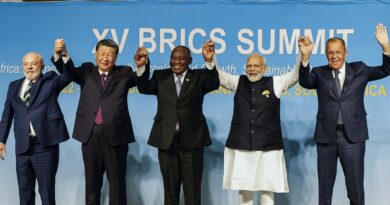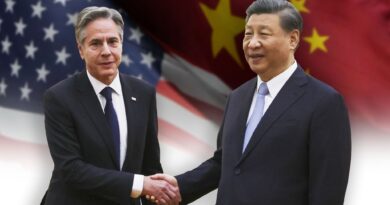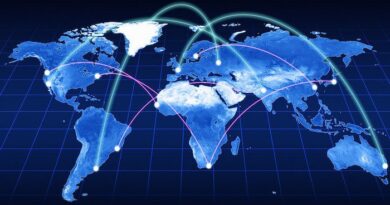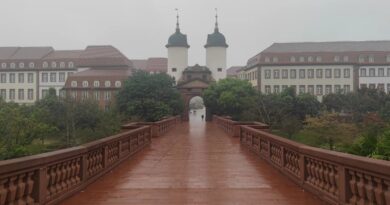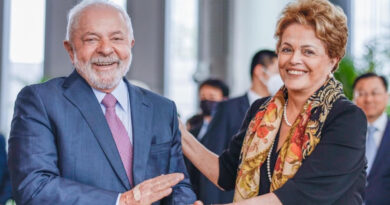Much to talk about, little to agree
XULIO RIOS
A Biden-Xi summit taking advantage of the APEC framework can help to somewhat put the antagonism on track, but not dilute it. And less than a year before the next elections in the United States, when it is foreseeable that hawks from all possible sides will turn China into the favorite target of all imaginable diatribes. Both Democrats and Republicans agree on that. Get ready.
Undoubtedly, dialogue is always advisable. Essential to minimally stabilize their ties, something essential in view of the importance of their ties and the global significance of their differences. Another thing is that it contributes to rebuilding a certain level of mutual trust if it is not accompanied by concrete measures to mitigate conflicts.
Read more
